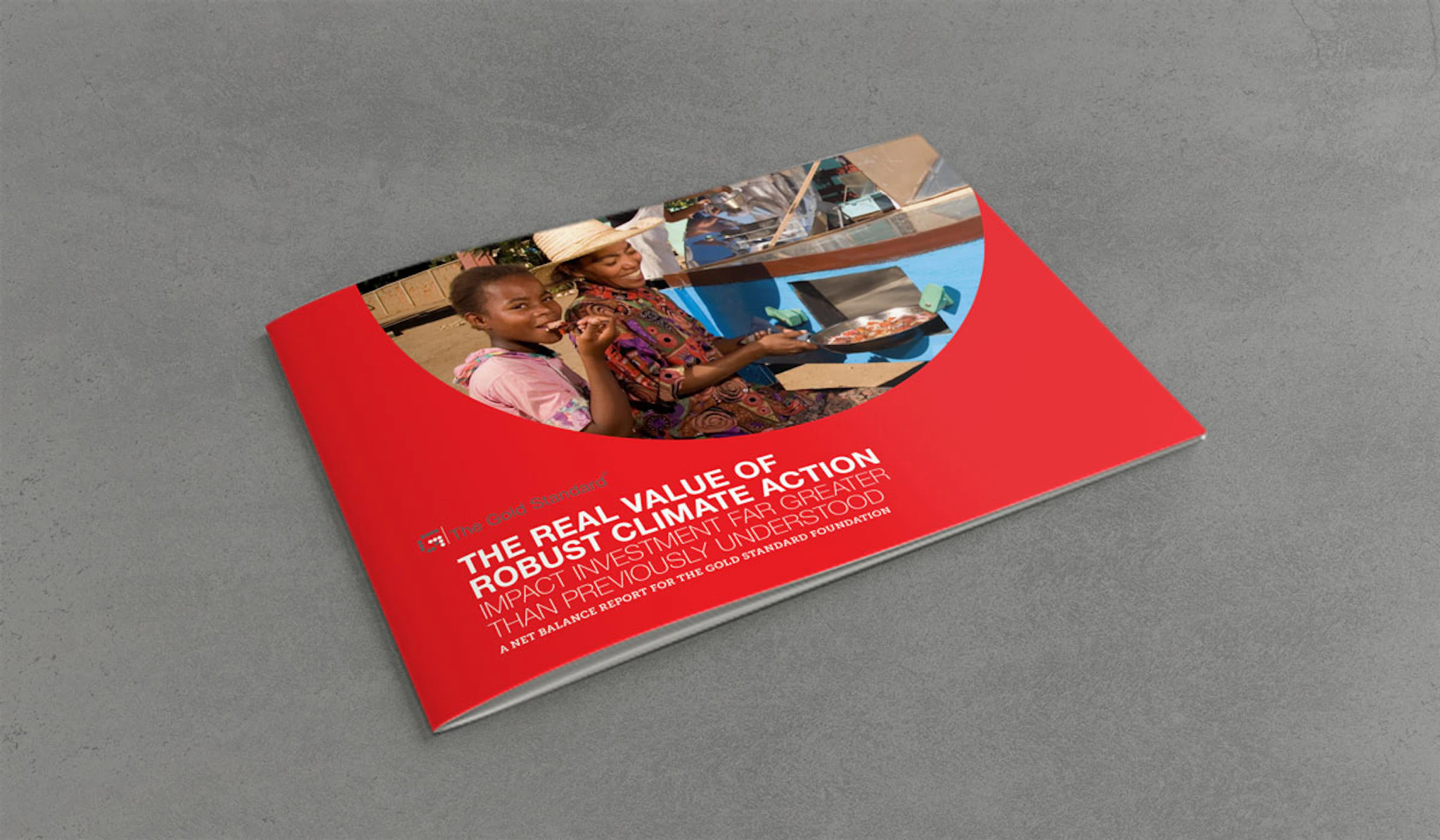A landmark new study shows that finance directed into properly designed projects that reduce greenhouse gas emissions represents an impact investment far greater than previously understood.

As debate around the costs and benefits of strong climate action builds ahead of next year’s crucial climate talks in Paris, a landmark new study shows that finance directed into properly designed projects that reduce greenhouse gas emissions represents an impact investment far greater than previously understood.
As a leading global player in the delivery of funding to catalyze low carbon development, The Gold Standard Foundation commissioned the first-ever comprehensive valuation of the outcomes in addition to carbon mitigation delivered by its greenhouse gas reduction projects.
Economists captured and monetised the environmental and socio-economic net benefits of 109 Gold Standard wind, cookstove, water filter, bio-digester and afforestation/reforestation projects, finding that they deliver additional outcomes beyond carbon worth billions of (US equivalent) dollars. These include improved human health, the ‘services’ of natural ecosystems, like water purification, improvements to livelihoods and the food and economic security of communities, regions or countries.
They found, for example, that the cookstove projects assessed deliver 84-million dollars in health benefits per year, or almost 630-million dollars over the lifetime of a project. Households also save an estimated 143-million dollars annually on coal or firewood purchases or equivalent collection time, which adds up to one billion dollars in livelihood benefits during the project period. This is in addition to 4-million dollars of yearly employment benefits, which have been conservatively calculated without taking into account any economic flow-on impacts.
The release of this study comes just weeks after the Intergovernmental Panel on Climate Change’s 5thAssessment Report found that the impact of mitigation policies will be negligible on global growth at around just 0.06 of a percentage point annually throughout the rest of the century.
The Gold Standard CEO, Adrian Rimmer, said, “Our study goes one step further, demonstrating that robustly designed and audited greenhouse gas mitigation projects additionally help contribute to climate adaptation and other key global priorities such as the Millennium Development Goals, making finance go further for the biggest impact”.
Assigning monetary values, in an objective way, to outcomes beyond emission reductions helps to articulate the positive economic case for strong climate action, enhancing our understanding and appreciation of benefits that in the past may have been considered “secondary”.
The methodologies applied, including economic benefit transfer and financial “proxies” to represent intangible outcomes, are widely used and incorporated in recent initiatives such as The Economics of Ecosystems and Biodiversity (TEEB) and the System of Environmental-Economic Accounting (SEEA).
